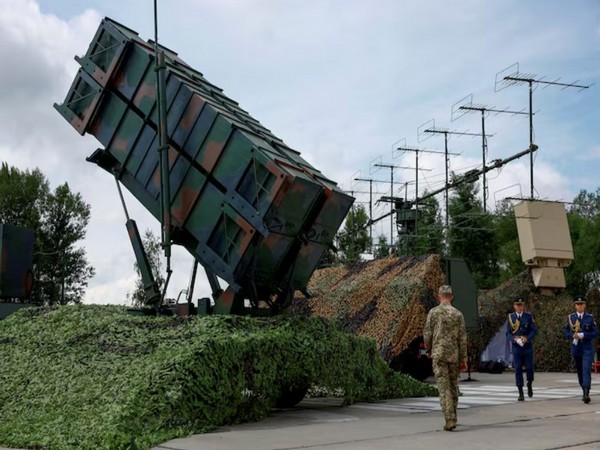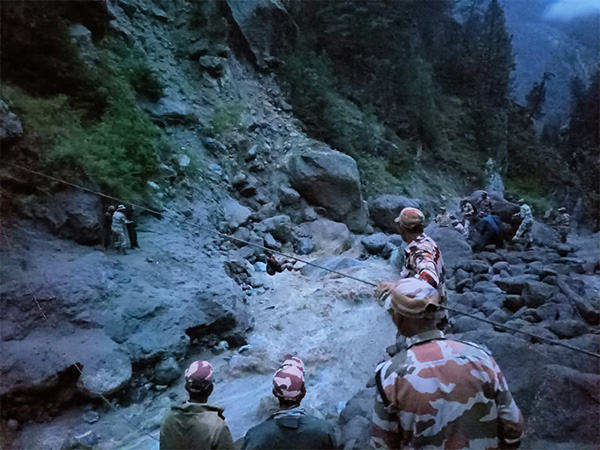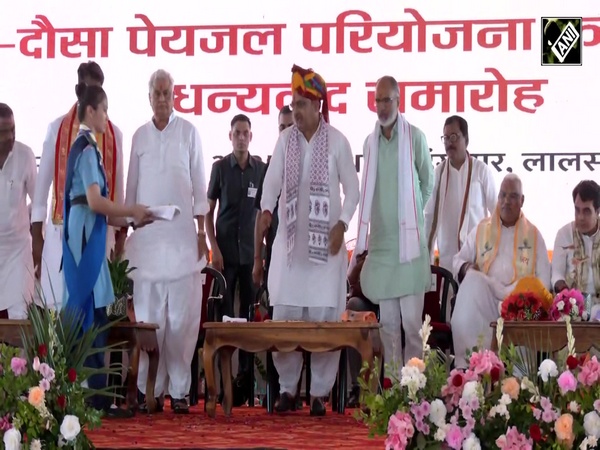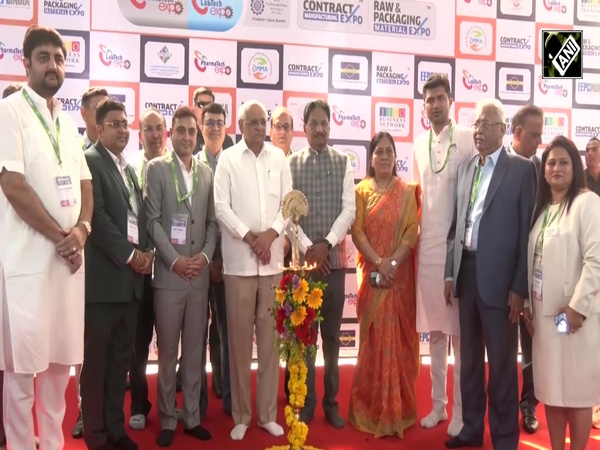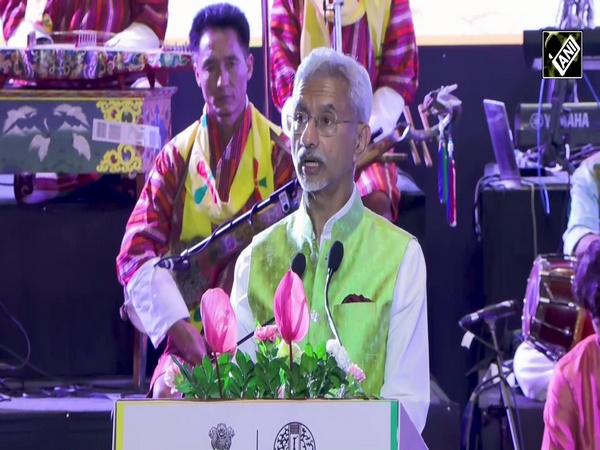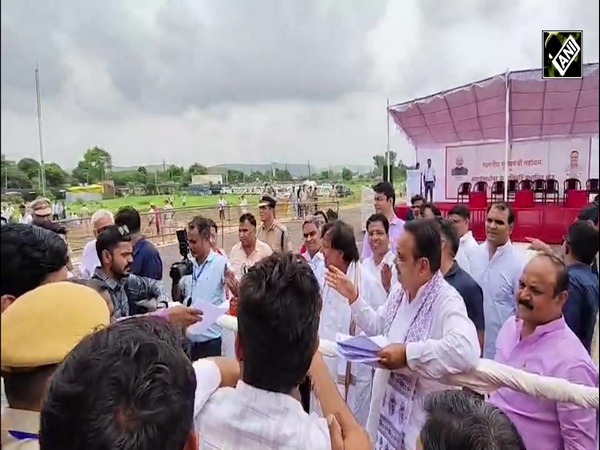Moderna founder says, "Korean bio companies have advanced technologies"
Jan 13, 2022

Massachusetts [US], January 13 (ANI/Global Economic): Robert Langer, a chair professor at Massachusetts Institute of Technology (MIT) and a co-founder of Moderna, in an online interview with the Korea Bio Association on January 12, said, "The development of science and technology in Korea is amazing. There are lots of bio companies with advanced technologies."
Professor Langer, also called the 'God of Bio Business,' is a founding member of the U.S. bio company Moderna. So far, he has established and supported more than 40 bio ventures.
Before founding Moderna in 2010, he studied drug delivery systems that allow drugs to be released from the body over a long period of time and LNP drug messenger that is essential for mRNA vaccines. He published more than 1,250 research papers in the fields of chemistry and biotechnology.
"The secrets of Moderna's success are excellent science, leadership, and platform technology," said Professor Langer. "For a successful start-up, not only scientists but also good management is needed. There should be young managers who will attract investments and use platform technology with strategic plans."
He also said, "By using the platform technology based on the science, drug delivery system, and manufacturing process, we can also make mRNA vaccines and drugs for rare diseases."
He also commended Korean bio companies that they are in the early stage but have great technologies.
"I am also in charge of consulting for several Korean bio companies, and the development of science in Korea was very impressive. There are great companies that develop treatments for rare diseases and cancer with high technologies," he said. "Although they are still in the early stages, as many mRNA companies are established every week in the U.S. due to Moderna's success, the U.S. firms can invest in Korean bio companies if Korea's research results are recognized for their potential."
In particular, he also emphasized the importance of an investment culture that is tolerant of business failure and investment in universities and research institutes for global competitiveness. (ANI/Global Economic)


